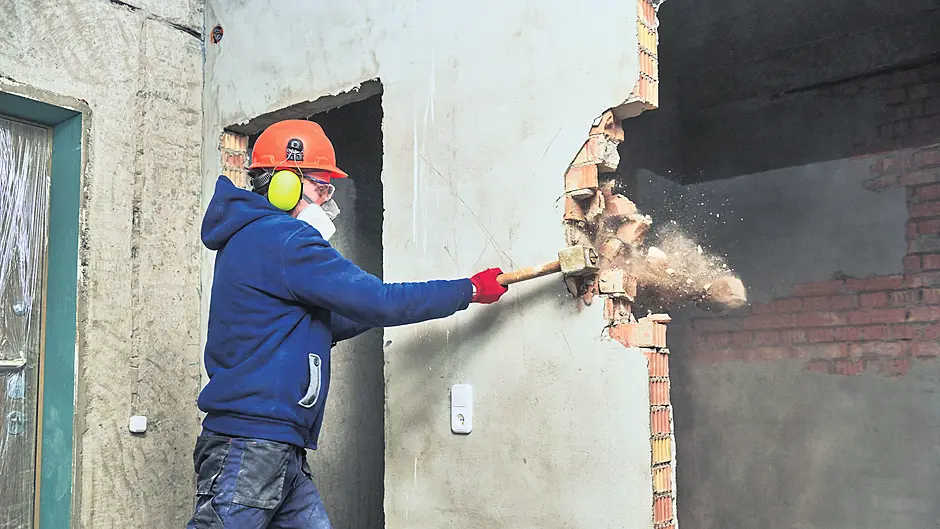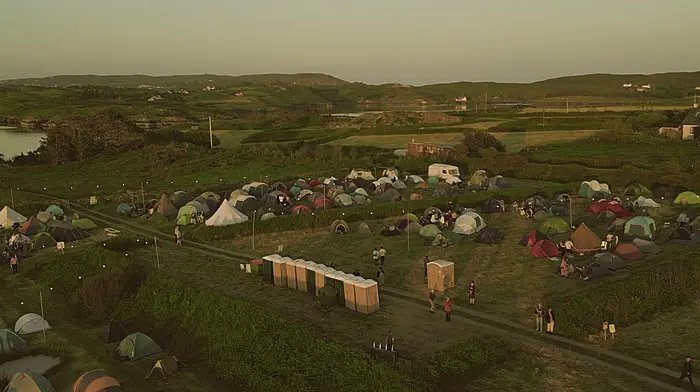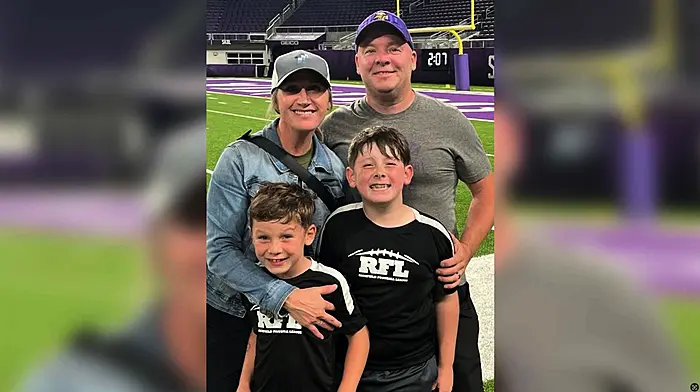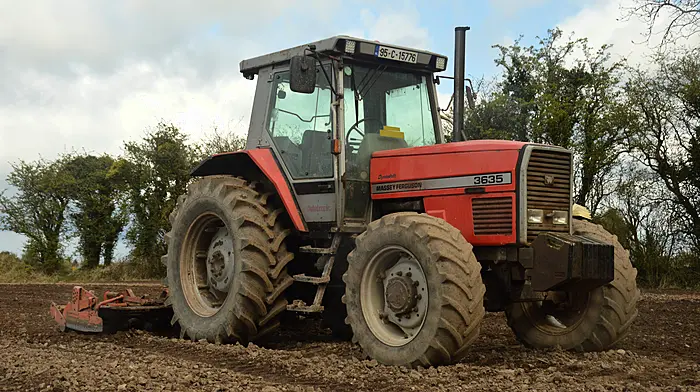I bought a property that hasn’t been lived in for years, what grants can I get to do it up?
The Vacant Property Refurbishment Grant gives funding for refurbishing vacant and derelict homes. To qualify:
• Your home must have been vacant for two years or more
• Your home must have been built before 1993
• You must own the home, or be in the process of buying it
• You must live in the property as your principal private home after the work is done
• You must have tax clearance from Revenue and your tax affairs must be in order.
• You must have paid your local property tax, if applicable.
• You must not have already got funding under the grant.
How much is the grant?
You can get up to €30,000 to renovate a vacant property and an additional top-up grant of up to €20,000 if the property is derelict. The grant includes Vat.
If the renovation costs more than the grant, you will have to pay for the additional costs.
You can apply to the Sustainable Energy Authority of Ireland (SEAI) for other grants to help improve the energy efficiency of your home.
If I have already commenced refurbishing the property, can I get the grant?
The grant must be approved before any work begins.
What does the grant cover?
The grant covers:
• Demolition work and site clearances including the removal of hazardous materials
• Work on foundations, rising walls, floor slabs, damp-proofing and underpinning
• Work on chimneys, suspended timber floors and structural timbers
• Work on internal walls, stairs, landings, doors, windows and applied finishes
• External walls and roof completions
• Building services such as plumbing, heating, ventilation, electrical services and telecommunications
• Painting and decoration needed because of the work
• Extensions that meet the planning regulations and are part of the wider refurbishment
• Necessary external works and site development
• Professional services associated with work
Is the grant available everywhere?
Yes, the grant is now available in all areas. You can get it if you are refurbishing a vacant home in a city, rural area, or a town or village. You could initially only get the grant for vacant homes in regional towns and villages. But on 15 November 2022, it was extended to all areas.
How are applications for the Vacant Property Refurbishment Grant prioritised?
Applications for the Vacant Property Refurbishment Grant are prioritised in this way:
1. First-time buyers and ‘fresh start’ applicants.
2. Applicants with particular needs who are selling or have sold their current home and want to refurbish a vacant home to live in. Particular needs includes people with disabilities and older people.
3. Anyone else who is selling or has sold their home and wants to refurbish a vacant home to live in.
You are a first-time buyer if:
• You have not previously bought or built a property to live in.
• You do not own or have an interest in any property in Ireland or abroad.
You are a ‘fresh start’ applicant if you previously owned a home, but you no longer have a financial interest in it because:
• You are now divorced, separated, or your relationship has ended.
• You have gone through personal insolvency or bankruptcy.
How do I apply?
Send a completed application form, supporting documents and a quote for the renovations to your local authority. The supporting documents must prove that you own the home and that it is vacant or derelict.
Your local authority will review your application and send someone to the property to check that the work is possible and to assess the cost. The local authority will then let you know if your application has been successful.
What happens if I want to sell my home or rent it out?
If you decide to sell your home or rent it out within 10 years of getting the grant, you will have to pay the local authority back. The amount you repay depends on how long you’ve lived there. If you live there for:
• Less than 5 years, you have to repay the full amount
• Over 5 years but less than 10, you have to repay 75% of the grant
• More than 10 years, you don’t have to pay back anything
You must pay back the grant in any situation where the home is no longer your primary residence within the first 10 years. However, if you want to rent out a room in your home while you live there, you do not have to repay the grant.








